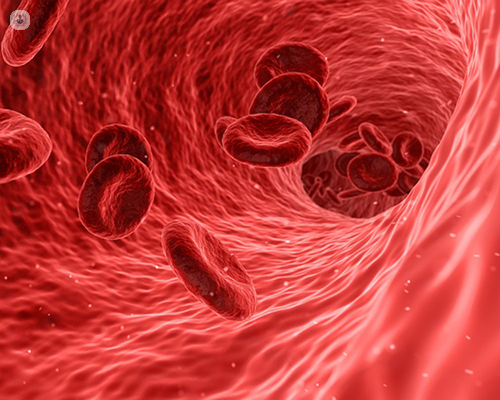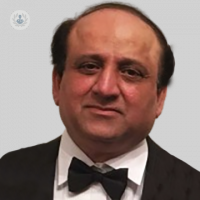Understanding heart failure: a patient's guide
Written in association with:In this article below, esteemed consultant cardiologist, Dr Anil Kumar Taneja, shares his expert insight with regards to heart failure, including a comprehensive account of the related symptoms and treatment options.

What are the symptoms of heart failure?
Heart failure can manifest through various symptoms, including shortness of breath, fatigue, swelling in the legs, ankles, abdomen distension, persistent coughing or wheezing, a rapid or irregular heartbeat, and difficulty concentrating. Some patients can also experience shortness of breath during the night when lying flat, and they may need more pillows to alleviate shortness of breath.
Shortness of breath may wake them up in the night as well. If you experience any of these symptoms, it's important to seek medical attention promptly.
What causes heart failure?
Heart failure can result from conditions that weaken or damage the heart muscle, such as coronary artery disease, high blood pressure, diabetes, heart valve disorders, and certain infections or diseases. Lifestyle factors like smoking, excessive alcohol consumption, and obesity can also contribute to the development of heart failure.
There are many other causes of heart failure as well. Many of these causes, though, can be reversed. For example, mild episodes of myocarditis (inflammation of heart muscles), anaemia, thyroid disease, or cardiac arrhythmia can be reversible. Excessive long-term alcohol consumption can also cause dilated cardiomyopathy with heart failure. However, if a person stops this excessive consumption at the right time, some of the damage may be reversible.
Is heart failure curable?
While heart failure is a chronic condition that cannot be completely cured, its symptoms can be managed effectively with proper medical treatment and lifestyle changes. With the right approach, many people with heart failure can lead fulfilling lives. As mentioned above, there are only a few out of many causes of heart failure which may be reversible.
How can I live a normal life with heart failure?
Living with heart failure involves adopting a heart-healthy lifestyle, including maintaining a balanced diet low in sodium and saturated fats, managing stress, getting regular exercise within your doctor's guidelines, taking prescribed medications as directed, and attending regular medical check-ups. Cardiac rehabilitation and exercise for patients with chronic heart failure has also been shown to be beneficial.
What are the treatment options for heart failure?
Treatment for heart failure may include medications to control symptoms and improve heart function, such as ACE inhibitors, beta-blockers, diuretics, dapaglifluozine, and aldosterone antagonists. In some cases, procedures like implantable devices or surgery may be recommended to help manage heart failure.
Can I still exercise if I have heart failure?
Exercise is an essential part of managing heart failure, but it's important to do so under the guidance of your healthcare team. Your doctor can recommend a safe and suitable exercise program tailored to your individual needs and abilities, which may include activities like walking, cycling, or swimming. Regular exercise can help improve your heart function, stamina, and overall quality of life.
To consult with Dr Anil Kumar Taneja, visit his Top Doctors profile today.



